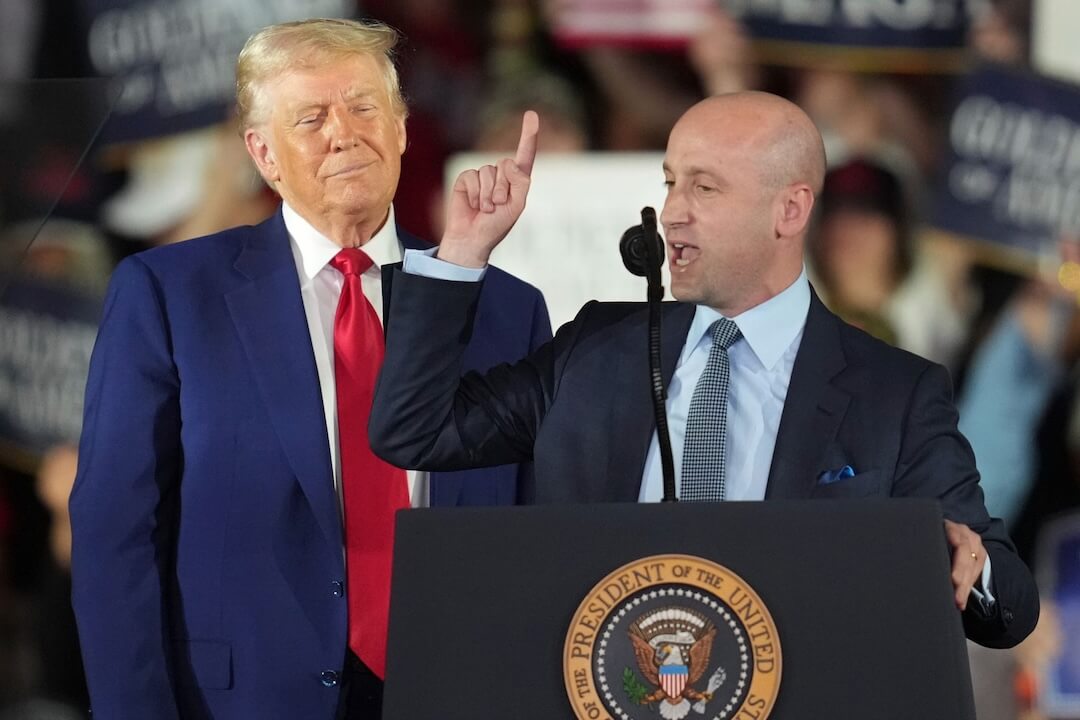The New Republic | The Washington Post
Incoming Washington Post Executive Editor Marty Baron tells Paul Starobin “It’s probable” the paper’s headcount will go down, but that he hopes the Post can do more on local reporting. “I don’t think for a minute that local journalism is a lesser form of journalism than coverage of national affairs or world affairs,” Baron told Starobin.
And that goes, he made clear, for the Washington area—with an appetite for coverage of local issues as strong as it is in the rest of America, even though the region is, uniquely, the seat of the nation’s capital.
Starobin does a quick critique of the Post’s strengths and weaknesses: Sports good, business bad, local so-so. While Post ombudsperson Patrick Pexton recently characterized the paper’s local coverage as “barely there,” “the Post never has done a particularly good job of sorting out its Metro mission,” Starobin writes.
Yes, Watergate began as a Metro desk police story, but in the Bradlee era, Metro was perceived as it is now, as a stepping stone to something bigger and better—as a “lesser form of journalism,” in Baron’s terms.
Washington, D.C.-area residents, among whose number this blogger counts himself, will generally talk anyone’s ear off about how underreported local stories are here (wait! Come back!) but probably how you view the Post’s local coverage depends on where you reside — I’m willing to bet the District’s mayor wishes Post reporters spent a little more time in the ‘burbs.
However readers feel, they’re probably gonna have to pay to keep reading, Pexton wrote Sunday:
Under any paywall envisioned, subscribers to the printed Post in the Washington area would continue to get their online content free, say Post company officials. Indeed, a paywall may slow the decline in print subscribers, as it did with The New York Times. If you get The Post free online with your print subscription, there would be less reason to drop the paper edition. But that would require The Post to keep up a steady and high-quality diet of local news from the suburban counties that are home to so many subscribers.
Related: Which papers are profitable (Nat Ives/Ad Age)






Comments